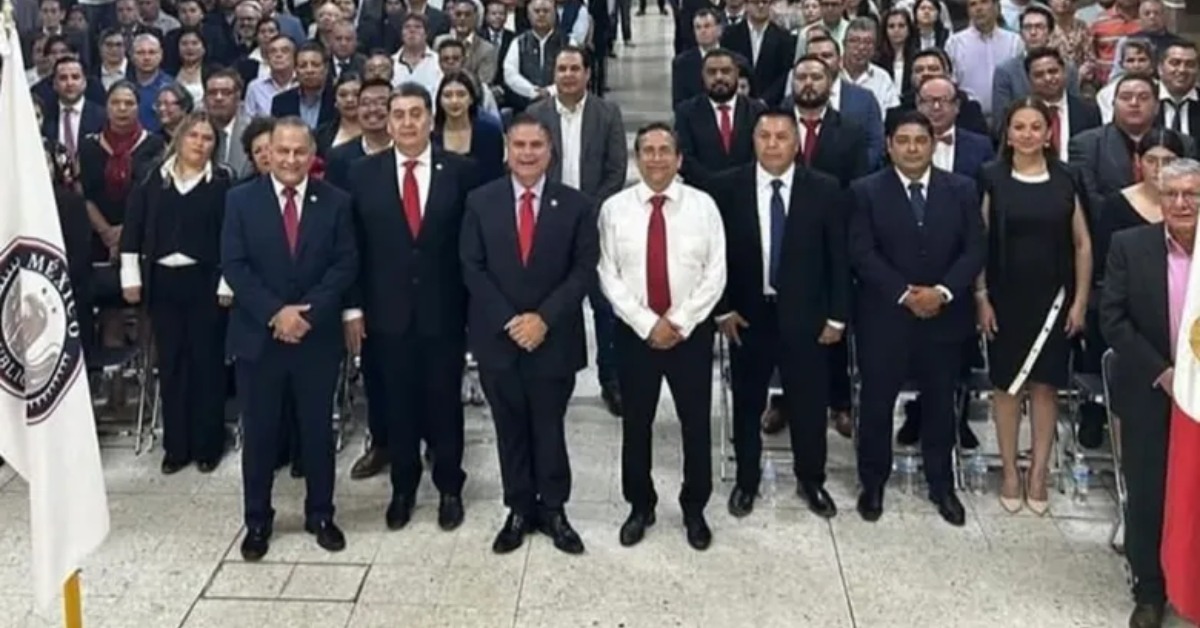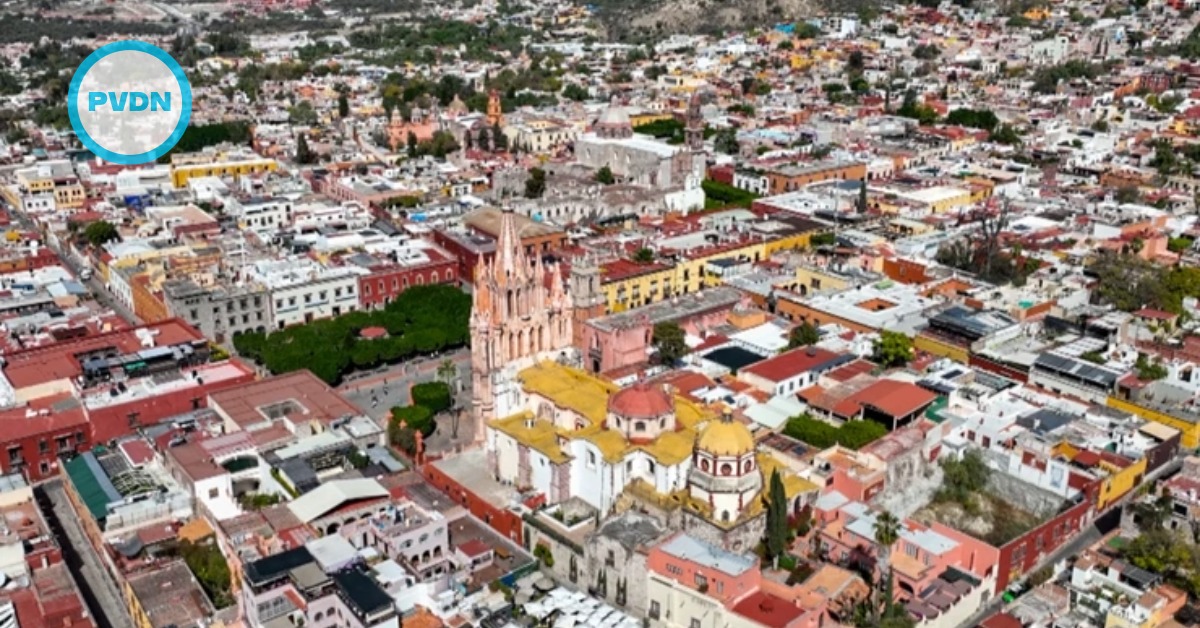The conservative political movement México Republicano has kicked off its campaign to become a registered political party in Mexico. With strong ideological underpinnings and ambitious goals, it is set to reshape the political landscape ahead of the 2027 elections . . .






